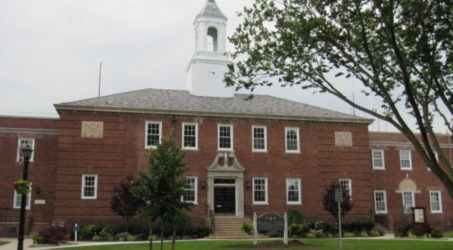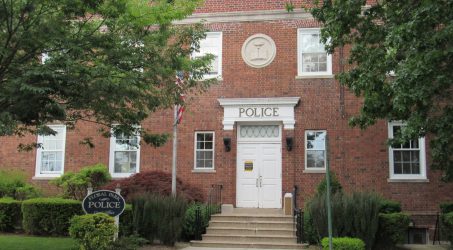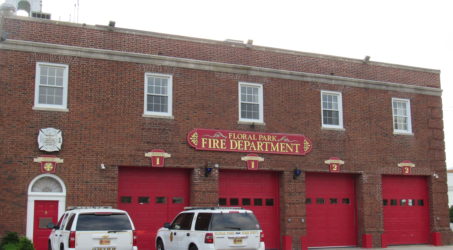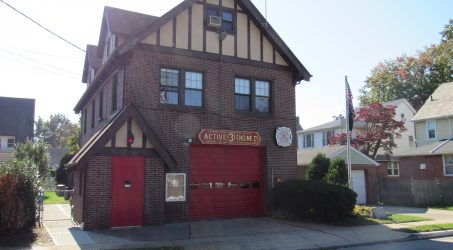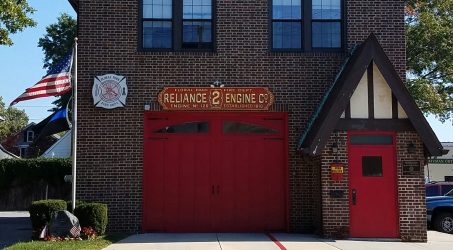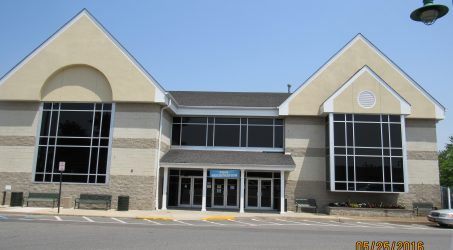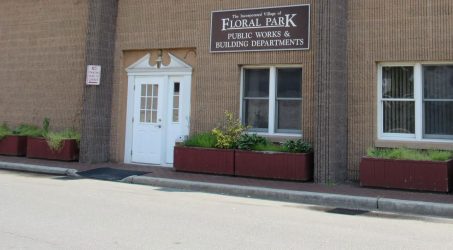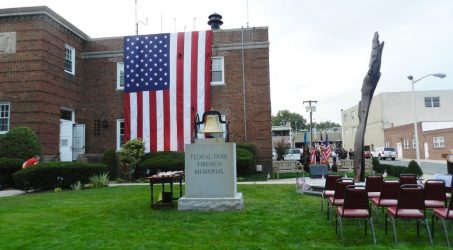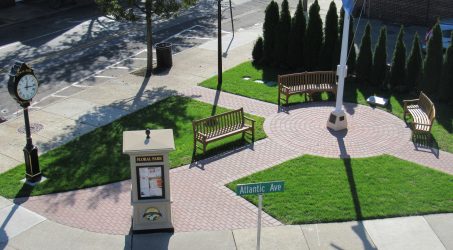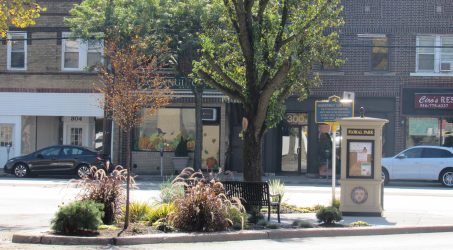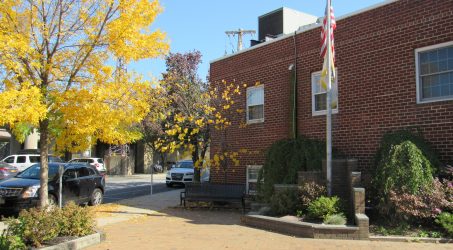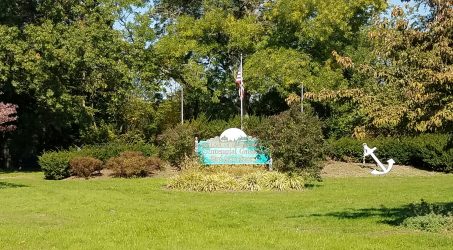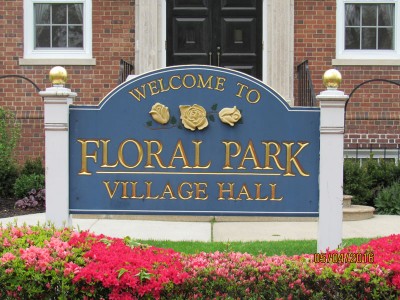WHY and HOW
Why? And How? Two very simple questions the answers to which should precede any major undertaking. This is especially true when the proposed undertaking is a mega-project project that will cost billions and disrupt the lives of several communities for years to come.
However, since the MTA/LIRR’s surprise announcement of their plans to resurrect the Third Track Project this past January, they have been unable to answer these two very simple questions.
With respect to the WHY, in a letter dated February 3, 2016, the Mayors of the Mainline Villages asked why was this project necessary in light of LIRR President Nowakowski’s already announced 7 point proposal to improve operational efficiencies along the Mainline including grade crossing eliminations In the six months that have followed, despite repeated requests, the MTA/LIRR has been unable to answer this question If the MTA/LIRR cannot explain why they need to undertake this project, then they should not ask the residents along the Mainline to accept the inevitable disruption to their lives that this project will entail.
With respect to HOW, we have been asking the MTA/LIRR for months for basic details about this project. Despite numerous meetings, the MTA/LIRR has not been able to provide us with any detailed plans concerning the project.
Nonetheless, despite the lack of a detailed plan, the MTA/LIRR is proceeding at an alarming speed with the environmental review process. Beveridge & Diamond, the attorneys hired by Floral Park and Garden City, have pointed out that the MTA/LIRR‘s failure to define the project is denying the impacted communities the ability to meaningfully participate in the environmental review process. Under New York’s State Environmental Quality Review Act (SEQRA), it is our right, as an affected community, to participate in the environmental review process. The hastily prepared scoping document lacked essential and fundamental information from which a meaningful review could be conducted by the public, as required by SEQRA. In the absence of a detailed plan, the SEQRA process is premature and the MTA should develop their plan first and then restart the SEQRA Process.
The second part of the How question is: How is this mega project going to be funded? In my most recent prior Mayor’s Message I pointed out that “In the absence of knowing anything about a funding source, the project, thus far, has been allowed to proceed under New York State’s SEQRA process. Conveniently, and very likely not coincidently, this has allowed MTA-LIRR to select itself as the SEQRA lead agency overseeing the review of its own project. However, if this project is receiving Federal Funding, the review would need to proceed under the Federal National Environmental Policy Act (NEPA), with a federal body acting as the lead agency, ensuring a neutral, objective review.”
Well, the MTA/LIRR recently answered the funding question and, amazingly, stated that they are going to forego federal funding of this project. While that decision conveniently allows the MTA/LIRR to maintain exclusive control over the environmental review process under SEQRA, it has incredibly significant implications. As a result of the MTA/LIRR’s decision to forego federal funding, will Long Island commuters face substantial fare increases to fund this project? How can the MTA/LIRR ask commuters to endure significant fare increases when the MTA/LIRR cannot even articulate a justifiable reason for this project? Or perhaps more importantly, if the MTA/LIRR begins this project without a dedicated funding source, will there be available funds to complete construction? If this project is begun and then the MTA/LIRR has to suspend work while it seeks funds to complete the project, the impact will be devastating.
Unfortunately, the MTA/LIRR is getting a free pass from the media on Long Island. In fact, if local leaders are brave enough to raise questions they are attacked. In a recent editorial, Newsday accused Hempstead Town Supervisor Anthony Santino of practicing a “particularly cynical brand of politics” when he raised questions about the impacts that the Third Track Project will have on Floral Park. Newsday must have a very odd definition of “cynical.” By raising these very legitimate questions, Supervisor Santino was certainly not being cynical. Rather, he was effectively representing Floral Park and other communities and rightfully demanding answers before the MTA/LIRR spends billions of dollars on a mega-project that will disrupt the lives of his constituents – – all for a project the MTA/LIRR cannot even explain why they need to undertake. By any reasonable definition, asking hard questions and demanding answers before billions of dollars are spent and communities are jeopardized by the actions of a bloated and inefficient bureaucracy, is not cynical- – it is the way local government is supposed to work.
